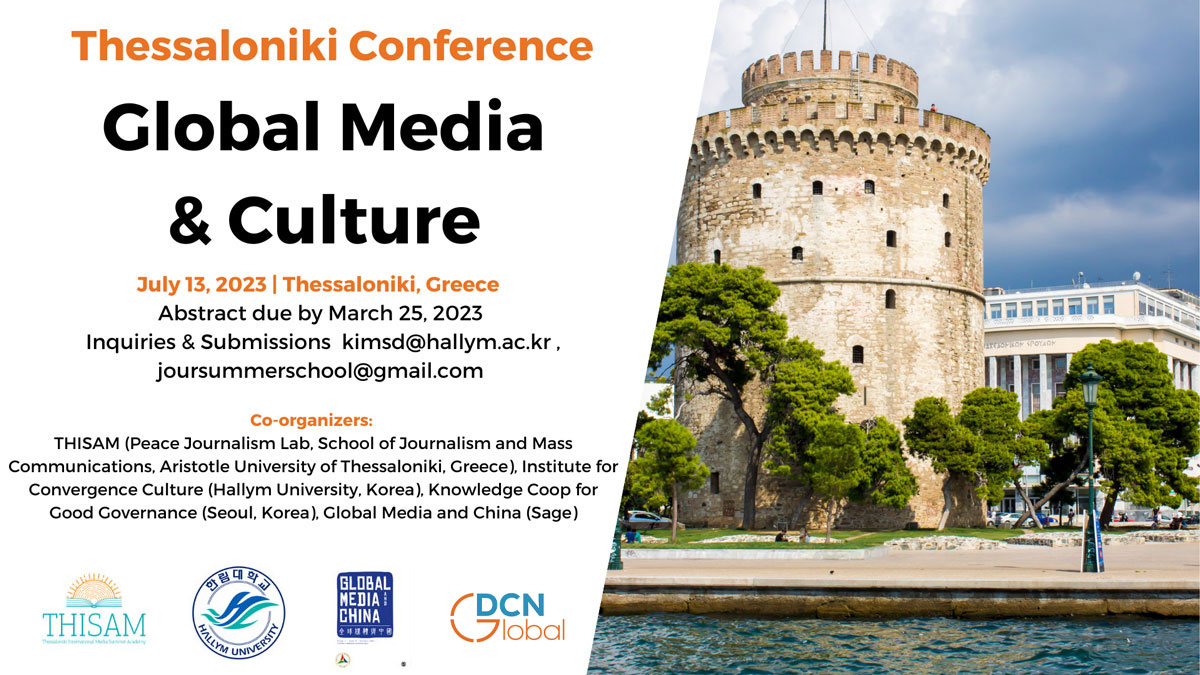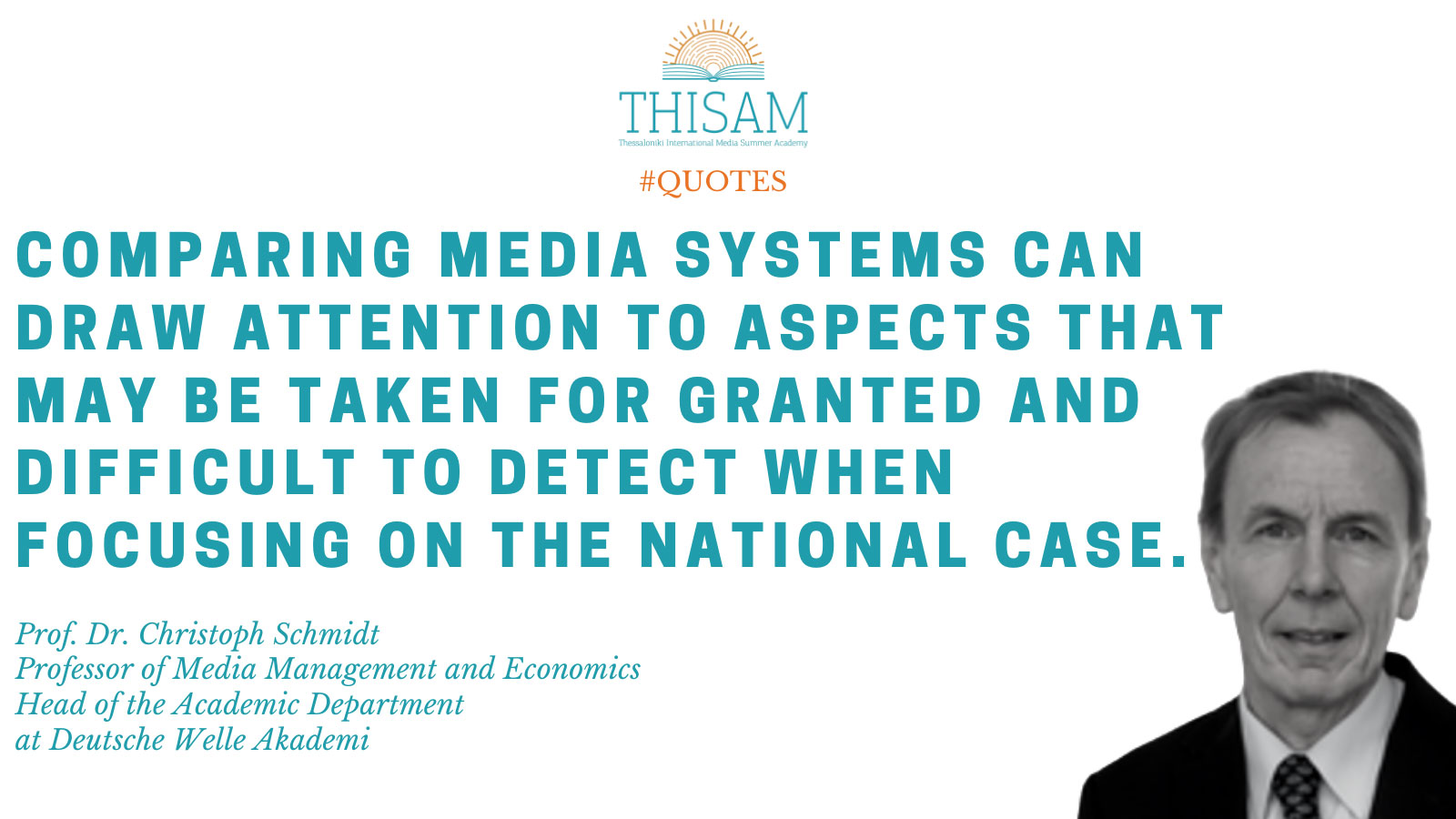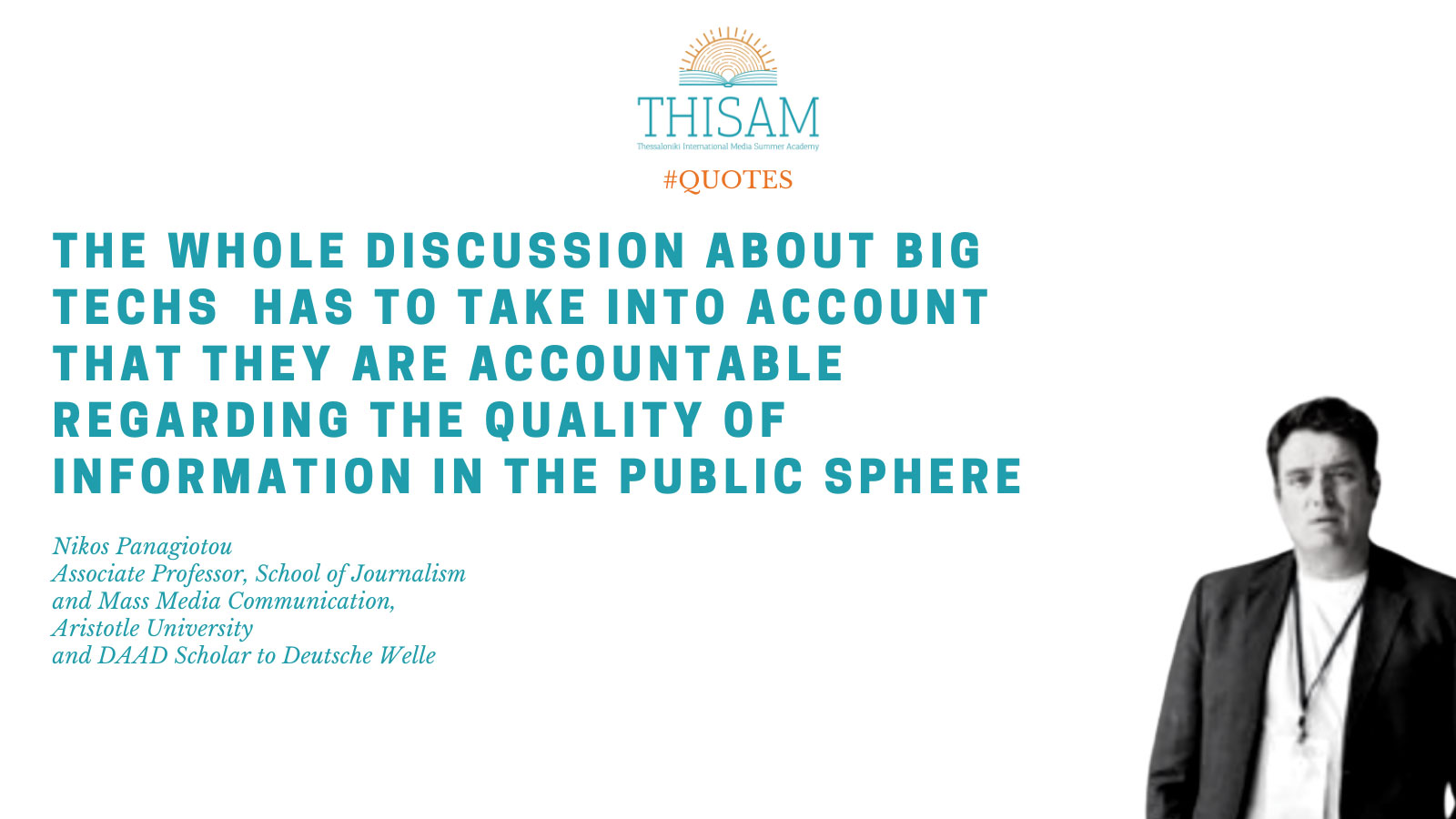By Miha Rusnik
In recent months, it's become increasingly evident that artificial intelligence (AI) will profoundly transform various aspects of our lives. Initially, AI chatbots like ChatGPT and Google's Bard impressed many, despite some errors in their functioning.
The subsequent proliferation of AI-generated images and manipulated videos on the internet further highlighted AI's potential. Its impact is particularly noticeable in journalism and media communications. Recently, Google introduced its AI tool, tentatively named Genesis, to major media outlets like The New York Times, The Washington Post, and The Wall Street Journal. Genesis is designed to process relevant information and generate news content, signaling a significant shift in the landscape of journalism and news production.
The roles and workflows of journalists and content creators are already evolving rapidly, with many newsrooms and journalists incorporating AI technology into their processes. Tools are available that assist in data collection and organization, while AI-powered programs aid in writing by suggesting improved wording, translating, and transcribing texts. There's even a program that streamlines podcast editing—a typically time-consuming task—allowing editors to focus on other aspects. These tools aim to enhance journalists' efficiency and productivity.
However, this technological advancement is not without its drawbacks and potential risks. Journalists who merely rewrite existing content without adding value may find their roles redundant. In contrast, journalists who actively seek fresh, unpublished stories will remain essential. Another concern is AI’s ability to generate vast amounts of content, potentially overwhelming the media landscape with material lacking in originality and nuance. Misinterpretations or inaccuracies in AI-created content could further erode public trust in journalists and media outlets. Additionally, AI can be used to create fake news, deepfake videos, and manipulated photos, posing risks for politicians, influential figures, and everyday citizens. As AI technology advances, we must be vigilant about emerging risks and challenges.
The inevitable integration of AI technology into our lives should not be resisted. Instead, journalists should endeavor to understand and responsibly utilize AI, harnessing its benefits while remaining aware of its limitations. They have a duty to educate the public about AI's pros and cons, as its impact will be felt universally. As AI continues to improve, it is imperative to embrace its capabilities responsibly, ensuring that it is not misused. Remembering Uncle Ben's words to Peter Parker in the 2002 Spider-Man movie, "With great power comes great responsibility," is apt in this context. This adage serves as a reminder of the need for responsible stewardship of powerful technologies like AI.





